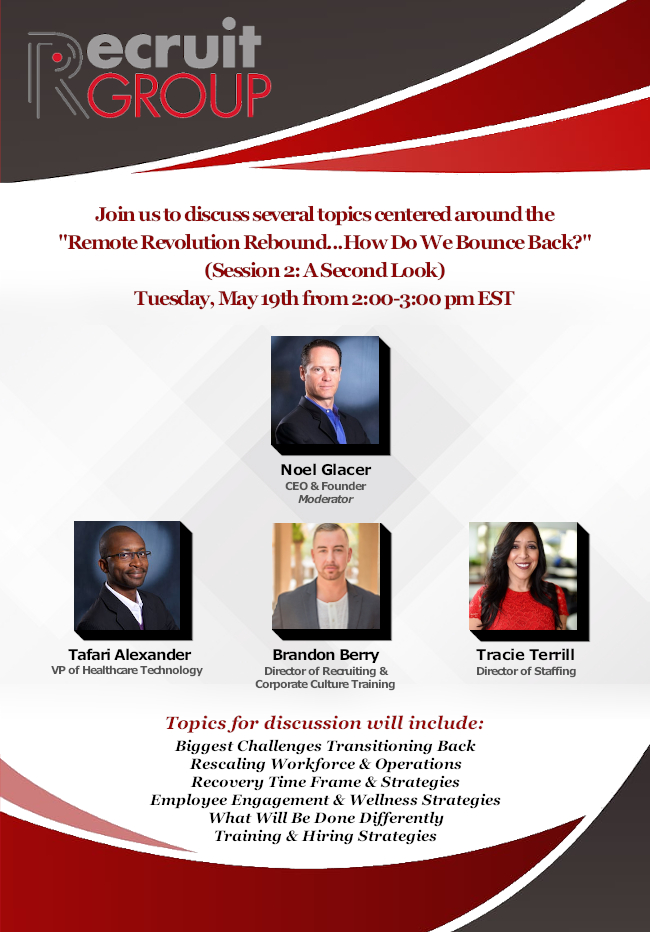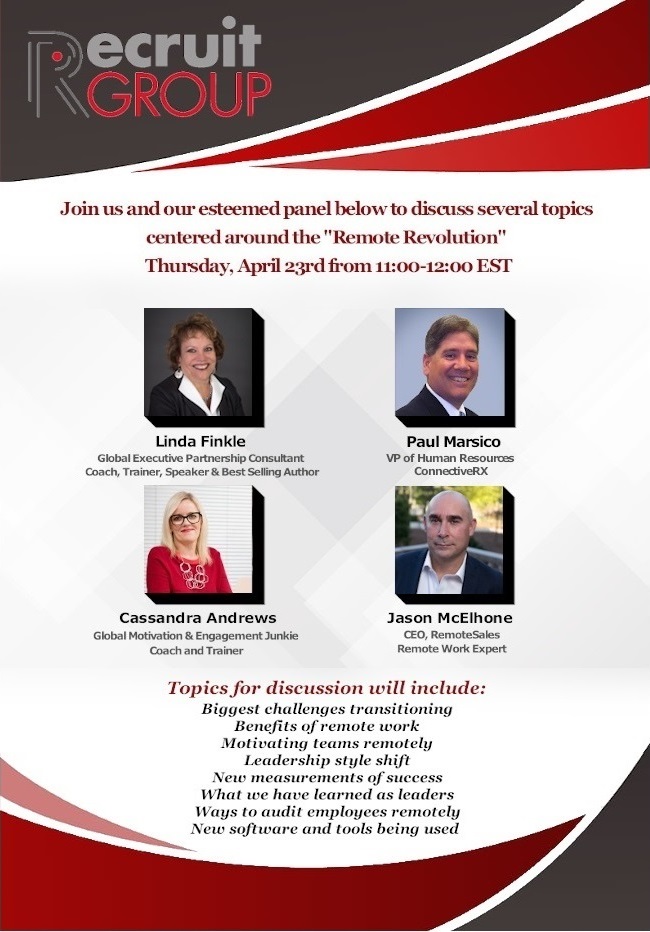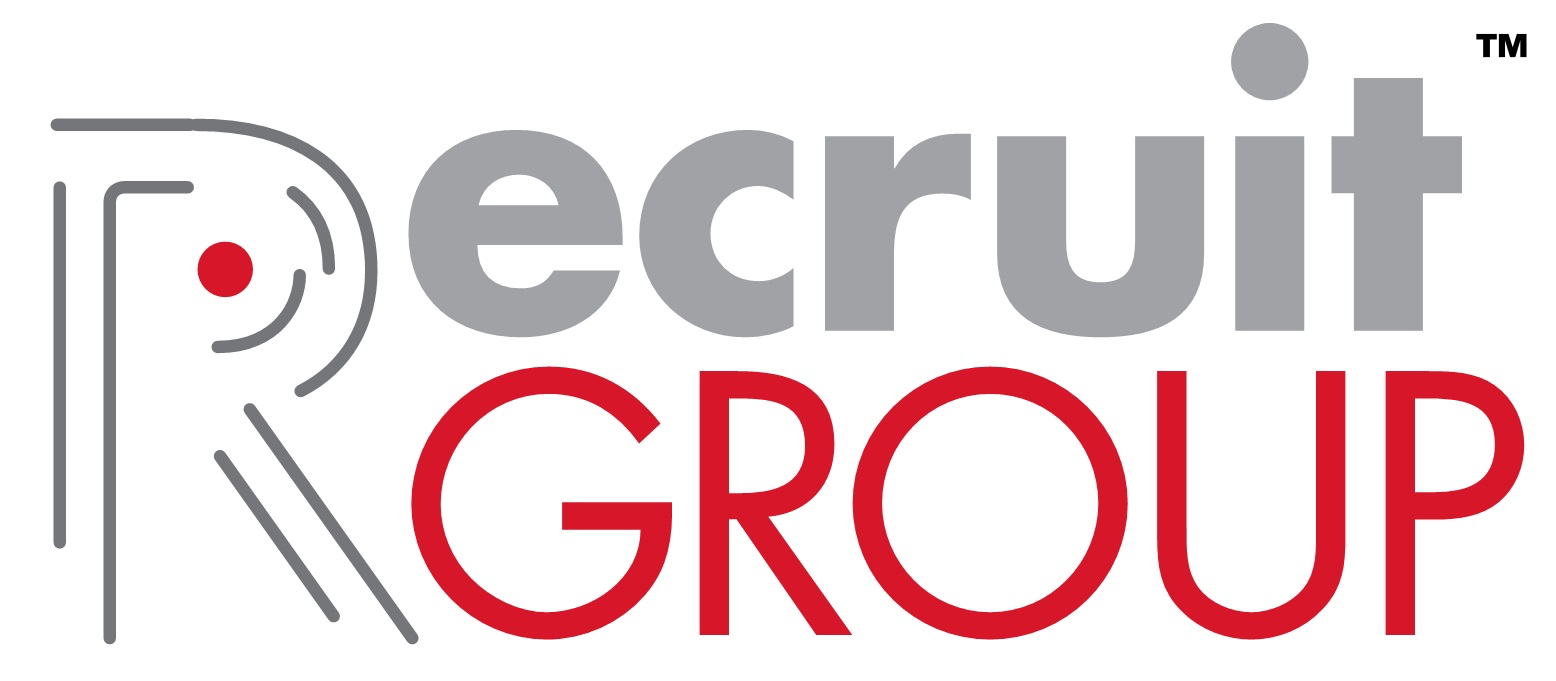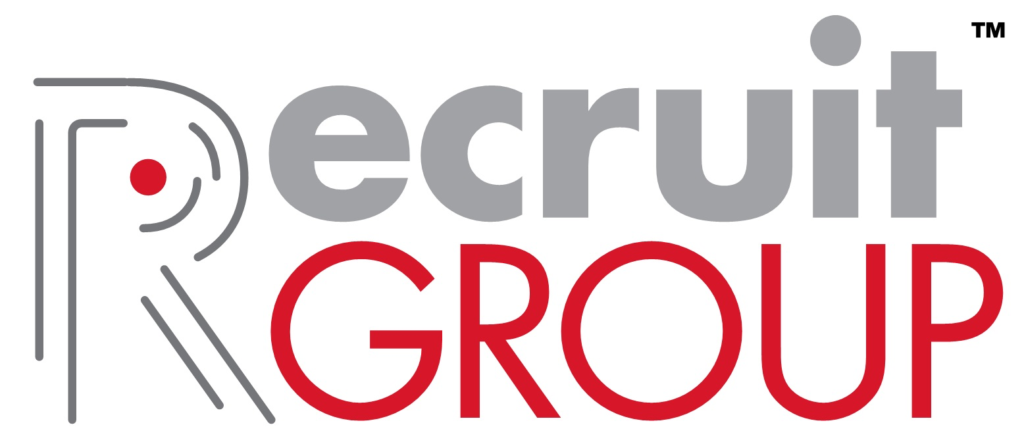Remote Revolution Rebound (A Second Look) Webinar – May 19, 2020

On May 19, 2020 we held a global webinar moderated by our Founder/CEO Noel Glacer to have our leadership team share what we were hearing from candidates and clients across the country, including their biggest challenges, strategies and innovations being used as they started to prepare to go back to their office settings or create […]
Remote Revolution Webinar – April 23, 2020

On April 23, 2020 we held a global webinar moderated by our Founder/CEO Noel Glacer to discuss the remote revolution and how working from home will affect corporate culture moving forward in the new normal. Just in case you missed it…we have you covered! Watch the highlights and feel free to reach out to us […]
6 Reasons Why Recruiting is a Great First Job for a Millennial

You saunter sublimely across the stage and shake the hands of the faculty of the largest organization you have ever been a part of. You pose awkwardly for another sudden, yet staged photo shoot. Then, you pridefully move your tassel to the left, and then FINALLY… (the moment you’ve been waiting for) you blissfully throw […]
Women in Healthcare Tech: Why Companies Need To Get Serious About Recruiting Female Talent

The despicable tales of Harvey Weinstein have got us talking. The media is pouring out perspectives on misogyny and sexual harassment in the workplace. Facebook feeds are filled with “me too” confessions. It has never been a secret that women face challenges that men can hardly fathom—sexism, both overt and subtle, on purpose and inadvertent. But […]
Why the Security Industry Should Embrace the Millennial Workforce

Technology is driving massive changes in the security industry. From 24/7 surveillance via mobile apps to integrated software-based security solutions to surveillance drones, security measures have evolved far beyond the traditional burglar and fire alarm. This technology push isn’t just changing the nature of security solutions, it is also contributing to changes in the makeup […]
Rant with Recruit Group: Lee Jones

This week we are talking with LEE JONES about the culture process around fundraising and the lack of diversity in the hcare tech industry.
Rant with Recruit Group: Erin Hatzikostas





This week we are talking with KYLE ROBINSON about employee engagement in a pandemic. We are calling today’s session “Connect with ME”.
Rant with Recruit Group: Kyle Robinson





This week we are talking with KYLE ROBINSON about employee engagement in a pandemic. We are calling today’s session “Connect with ME”.
Rant with Recruit Group: Greg Gallo





This week we are talking with GREG GALLO, and our topic is “The Culture of Executive Sales Leadership Recruitment” & how it effects culture, leadership, retention and sales results.

